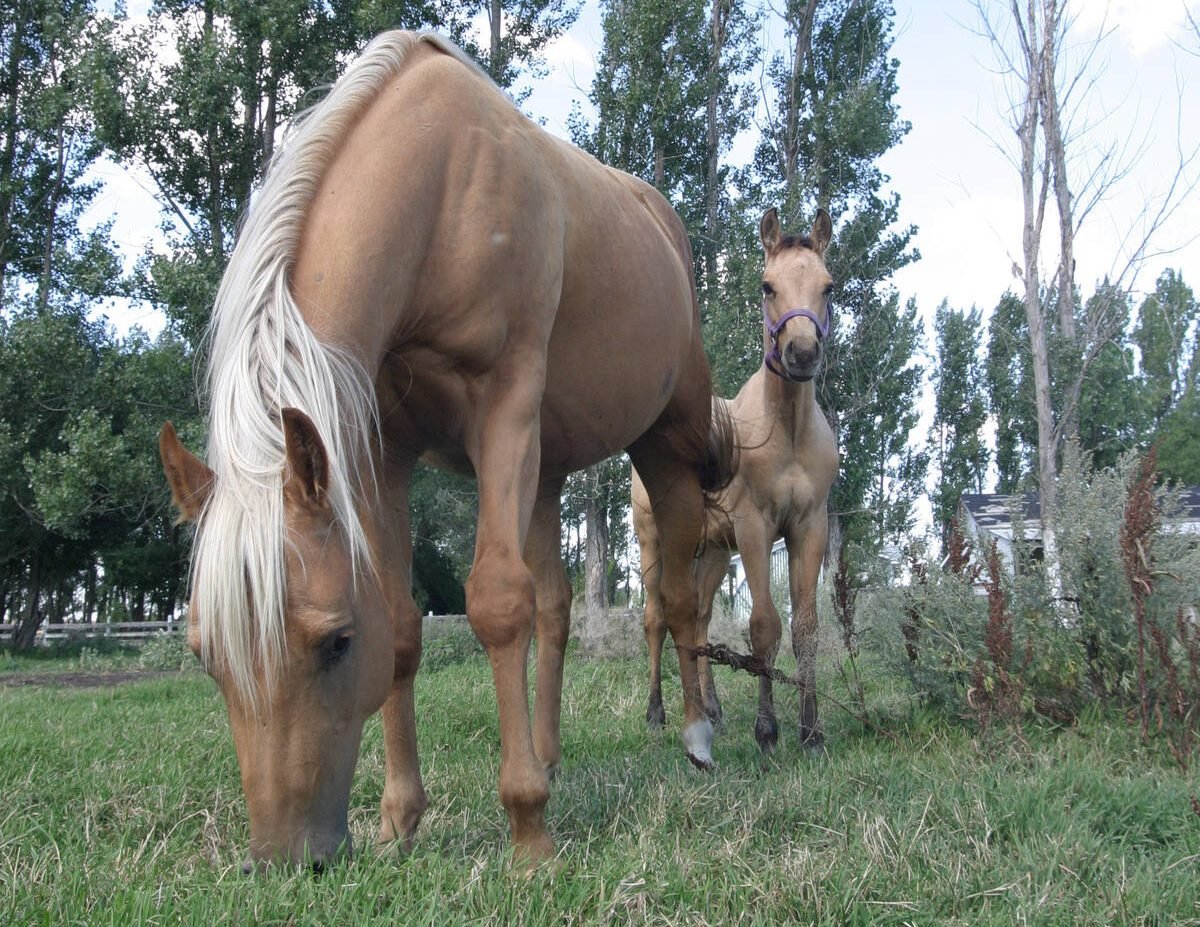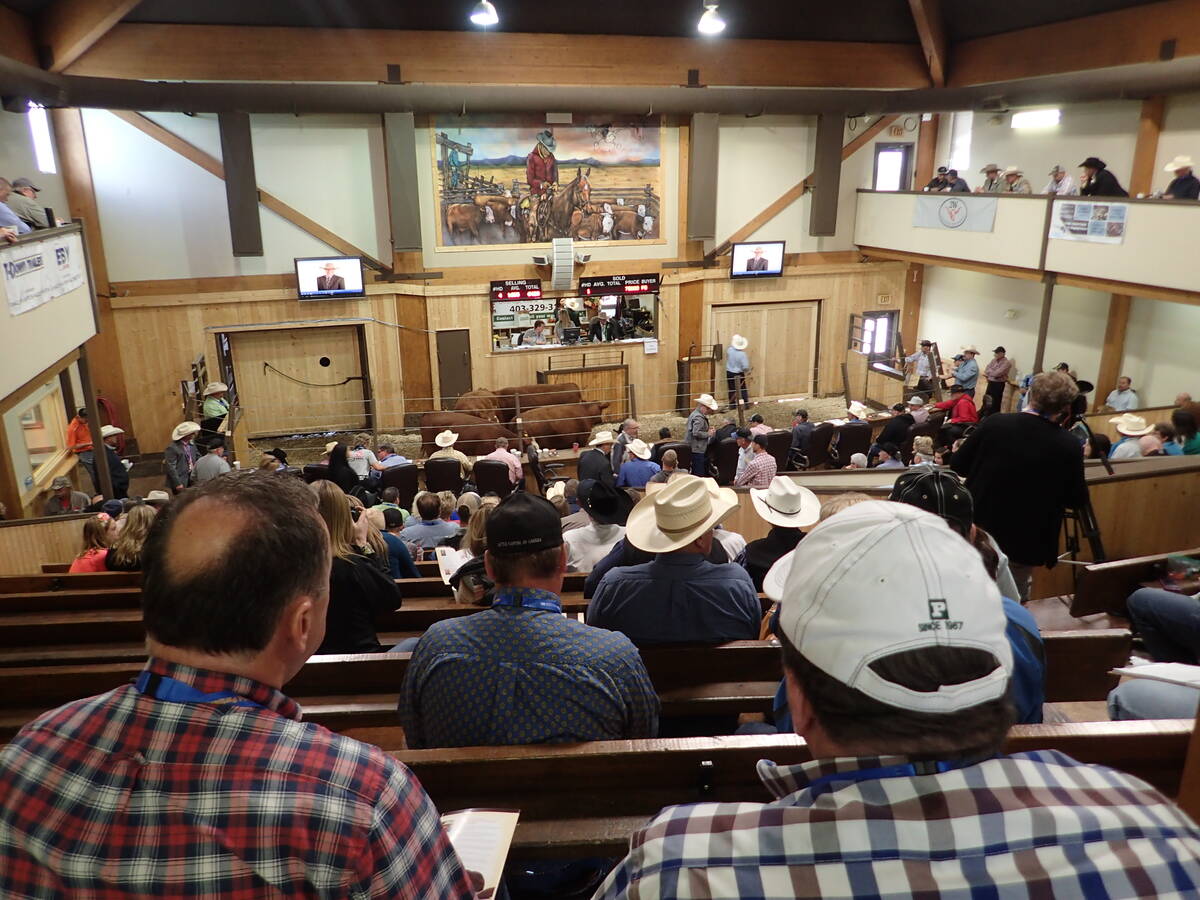This cattle market information is selected from the weekly report from Canfax, a division of the Canadian Cattlemen’s Association. More market information, analysis and statistics are available by becoming a Canfax subscriber by calling 403-275-5110 or at www.canfax.ca.
Fed prices hit year’s low
Uncertainty around U.S. tariffs on Canadian and Mexican products led to a week of volatility on the western Canadian cash market.
Read Also

Growth plates are instrumental in shaping a horse’s life
Young horse training plans and workloads must match their skeletal development. Failing to plan around growth plates can create lifelong physical problems.
With bids all over the place, as Canfax reported, weighted average fed prices hit their lowest point since the beginning of the year, closing the week ending March 7 $9-$10 per hundredweight lower than the previous week.
Alberta fed steers dropped $9.56 per cwt. to finish the week at $264.78 per cwt., while fed heifers fell by $8.67 to $263.02 per cwt.
Dressed sales were reported at $430-$450 per cwt. delivered, and cattle were scheduled for delivery from late March to mid-April.
For the week ending March 1, western Canadian fed slaughter was just more than 33,000 head, 10 per cent lower than last year. As this is among the smallest non-holiday slaughter volumes since the pandemic, lighter slaughter volumes remain a concern.
Ontario saw light trade during the week ending March 7. Dressed sales were reported at $420 per cwt. delivered, $45-50 per cwt. lower than the previous three weeks .
Some producers indicated that cattle needed to be shuffled along to manage weight, while others said they would reallocate cash cattle to meet their contractual requirements.
Canfax noted that the price swings of the last few weeks have been large from a margin perspective, which can be the difference between making a profit or incurring a loss. While fed price insurance levels are no longer at their recent highs, this is still something to keep an eye on.
Non-fed prices down
Like the fed market, the non-fed market was rocked by the introduction of U.S. tariffs on March 4.
Alberta D2 and D3 cows sold through commercial auction markets went for $9-11 per cwt. less than the previous week.
Butcher bulls brought $13 per cwt. less than the previous week, while feeder cow prices eased by $2 per cwt.
In Ontario, D2 cow prices were $17 per cwt. lower and D3 cows softened by $11 per cwt.
Despite the announcement on March 6 that the U.S. would exempt tariffs on all products falling under the Canada- U.S.-Mexico Agreement until April, which includes Canadian cattle and beef, markets are likely to remain volatile despite the chance of a rebound in the upcoming week.
With spring on the horizon, seasonal demand for ground beef is expected as barbecue season gets underway.
Year-to-date non-fed slaughter is 10.2 per cent lower than last year at 9,930 head. This is entirely the result of a reduction in cow slaughter, which has dropped by 10.4 per cent or 9,818 head.
Feeder market pressured
The introduction of and almost-immediate pause on U.S. tariffs created pressure for all weight classes on the Alberta feeder market during the week ending March 7.
Compared to the previous week, average feeder steer and heifer prices dropped by $11-$26 per cwt.
For example, 550-pound steers and heifers dropped by $31-$52 per cwt. after the tariff announcement, illustrating the strong market tone present before tariffs came into effect.
The nearby feeder cattle contract closed on March 7 at $276.98 per cwt., just below the high of $278.25 per cwt. recorded on Jan. 28.
Electronic sales for the week totalled 9,858 head, the second-largest weekly volume seen thus far in 2025.
Alberta 7-weight steers scheduled for April delivery brought an average of $405.66 per cwt. This was $6.15 per cwt. higher than the previous week’s cash price.
Canfax anticipates higher auction volumes and stronger prices in the upcoming week, with producers likely to market cattle before the U.S. tariff exemption expires on April 2.
Cutouts up
U.S. Choice and Select cutouts rose about 0.5 per cent from the previous week, with Choice closing the week at $313.12 per cwt. and Select at $303.51 per cwt. The Choice-to-Select spread was $9.61 per cwt.
Presently, cutouts are steady with the first quarter highs recorded in 2024.
Statistics Canada published its quarterly cold storage report, reporting that as of Jan. 1, stocks of beef in cold storage are 11.2 per cent larger than in 2024.















